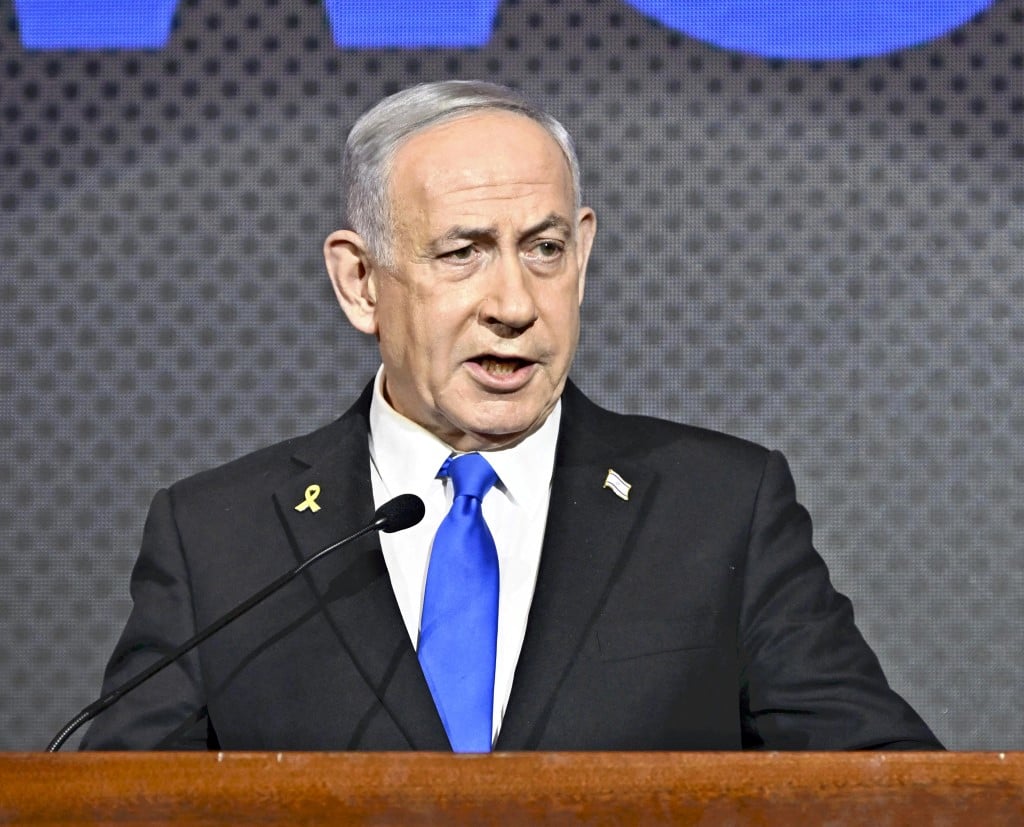Israel’s foreign ministry has expressed strong disapproval of the recent recognition of a Palestinian state by Britain, Canada, and Australia, labeling the action as “one-sided” and warning of potential destabilization in an already tense region. This recognition makes these three countries the first members of the Group of Seven (G7) advanced economies to officially acknowledge a Palestinian state.
As the annual UN General Assembly prepares to convene in New York, it is anticipated that more nations, including France, may follow in this recognition. In its statement, Israel’s foreign ministry deemed the declaration a step that does not contribute to peace but rather exacerbates tensions in the area and undermines prospects for a peaceful resolution.
The Israeli government emphasized that, if the countries involved are genuinely concerned about regional stability, they should instead concentrate on addressing the actions of Hamas. The ministry called for the terror organization to release hostages and disarm, suggesting that the recognition of a Palestinian state mistakenly rewards Hamas for its violent actions. Israel’s foreign ministry criticized the move as a reward for what it labeled as the “biggest massacre of Jews since the Holocaust,” a reference to Hamas’s military actions, and accused the declaration of solidifying the support for this group.
Furthermore, the ministry argued that this recognition is contrary to the principles of negotiation and compromises necessary for achieving peace. The Israeli government asserted that it would not accept any proposals or agreements that would impose unrealistic or “indefensible borders” upon the state.
In summary, Israel’s rejection of this recognition reflects a wider concern about the implications for future negotiations and peace efforts in the region, as well as a call for accountability and disarmament from militant groups. The coming days at the UN General Assembly may shed further light on how the international community navigates this contentious issue.













